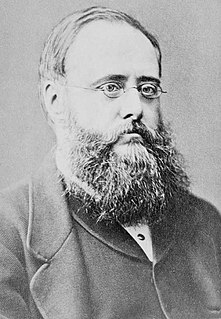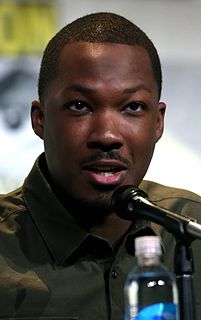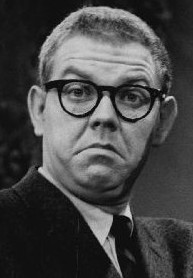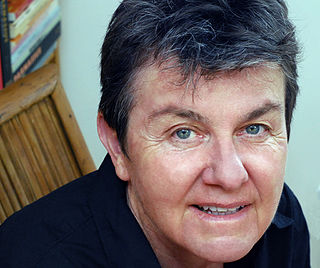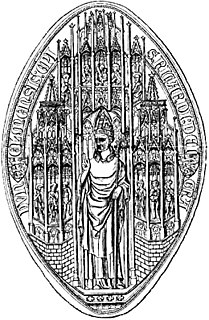A Quote by Wilkie Collins
Men little know when they say hard things to us how well we remember them, and how much harm they do us.
Related Quotes
We have different expectations for different groups of people. We tend to modulate the degree with which we're forgiving or punitive depending on how well we know folks, or how much we consider them peers, or how much social capital we've invested in them. That has to do with race, class, gender, and socioeconomic status. We have a tendency to bend over backwards to forgive folks we think of as part of "the us." The question of who we define as "the us" is a lot of what constitutes how we punish who we punish.
Considering how much we are all given to discuss the characters of others, and discuss them often not in the strictest spirit of charity, it is singular how little we are inclined to think that others can speak ill-naturedly of us, and how angry and hurt we are when proof reaches us that they have done so.
I believe that God will help us to forget things, the memory of which would do us harm, or rather that He will enable us to remember only so much of them as will be for our good, and we, ourselves, not emotionally overwhelmed. The pain endured. The lesson learned. Let it now be forgotten! Face the future with courage, cheerfulness, and hope. Give God the chance and He will make you forget all that it would be harmful to remember.
Thank God! we are in the full enjoyment of all these privileges. But can we be taught to prize them too much? or how can we prize them equal to their value, if we do not know their intrinsic worth, and that they are not a gift bestowed upon us by other men, but a right that belongs to us by the laws of God and nature?
A true soldier does not argue as he marches, how success is going to be ultimately achieved. But he is confident that if he only plays his humble part well, somehow or other the battle will be won. In is that spirit that every one of us should act. It is not given to us to know the future. But it is given to everyone of us to know how to do our own part well.
If we have not struggled/as hard as we can/at our strongest/how will we sense/the shape of our losses/or know what sustains/us longest or name/what change costs us,/saying how strange/it is that one sector/of the self can step in/for another in trouble,/how loss activates/a latent double, how/we can feed/as upon nectar/upon need?
Let us consider how great a commodity of doctrine exists in books; how easily, how secretly, how safely they expose the nakedness of human ignorance without putting it to shame. These are the masters who instruct us without rods and ferules, without hard words and anger, without clothes or money. If you approach them, they are not asleep; if investigating you interrogate them, they conceal nothing; if you mistake them, they never grumble; if you are ignorant, they cannot laugh at you.
